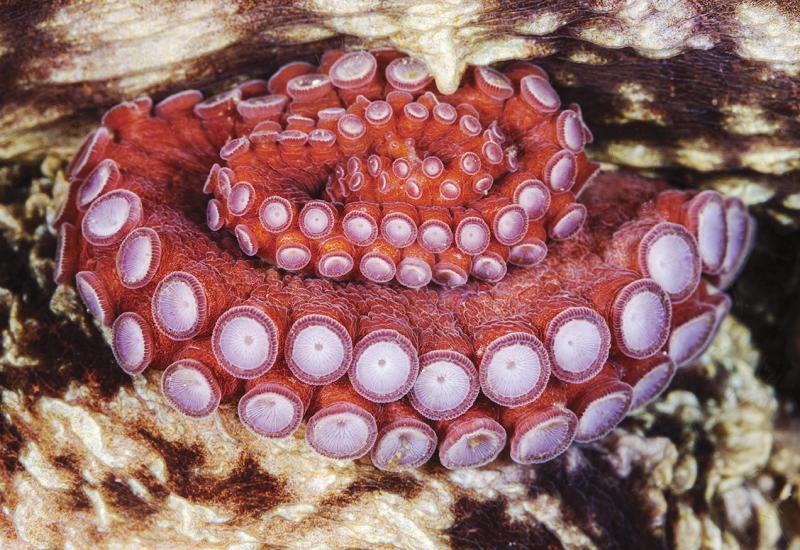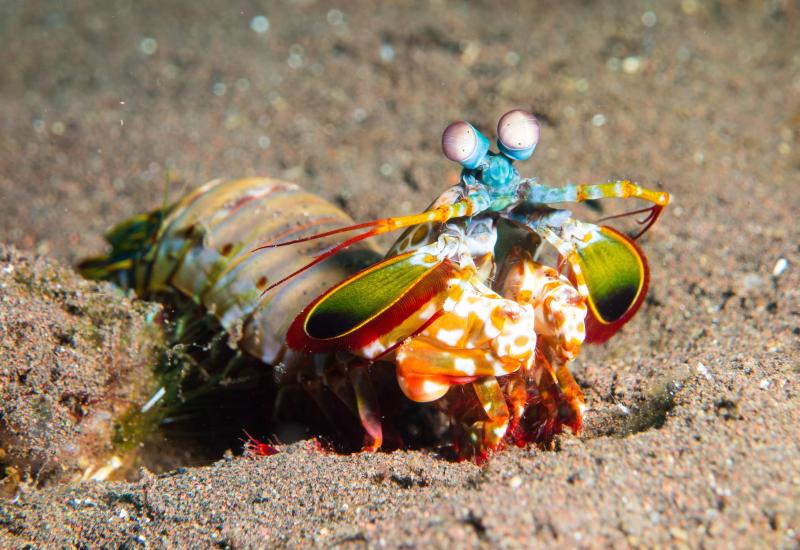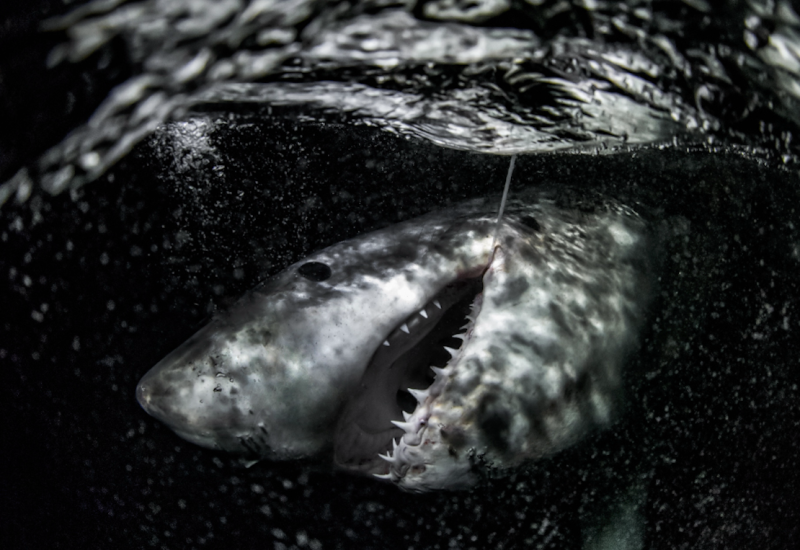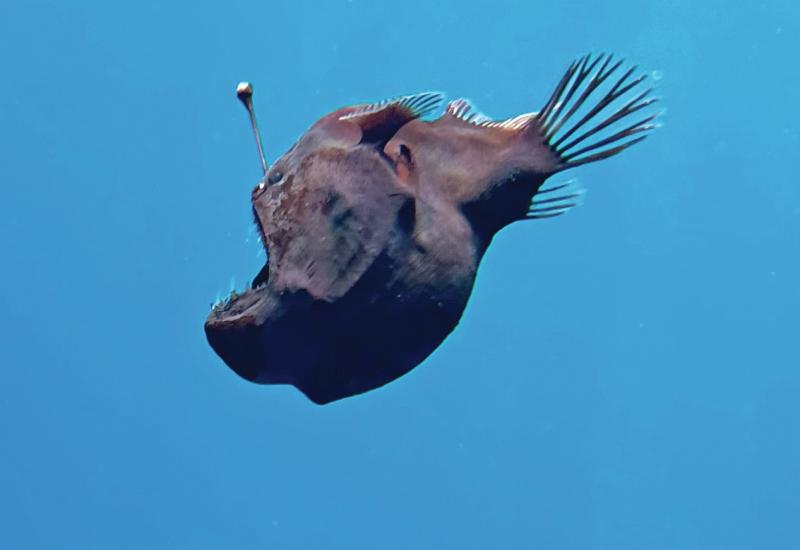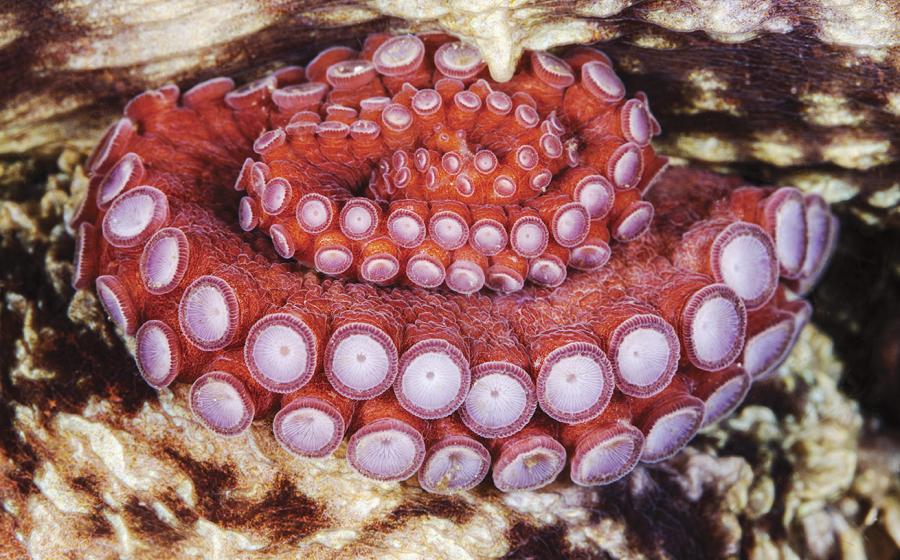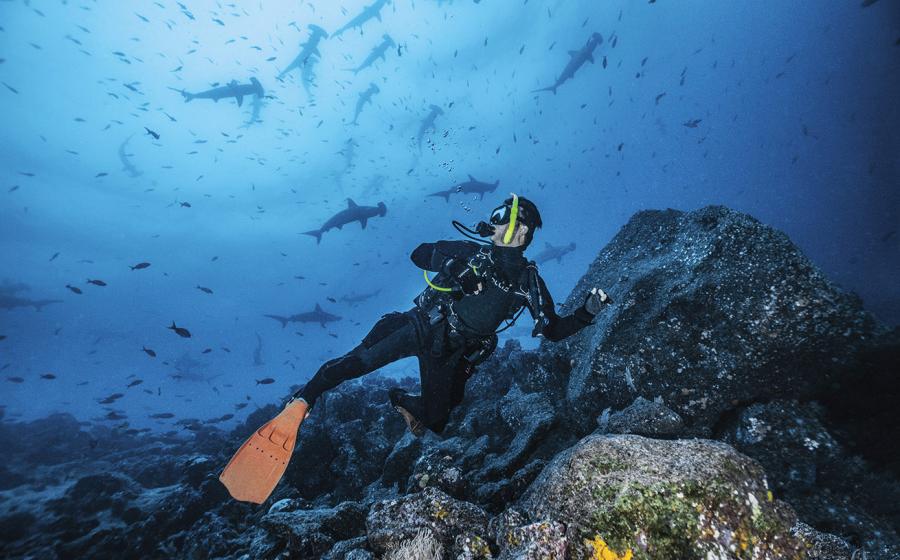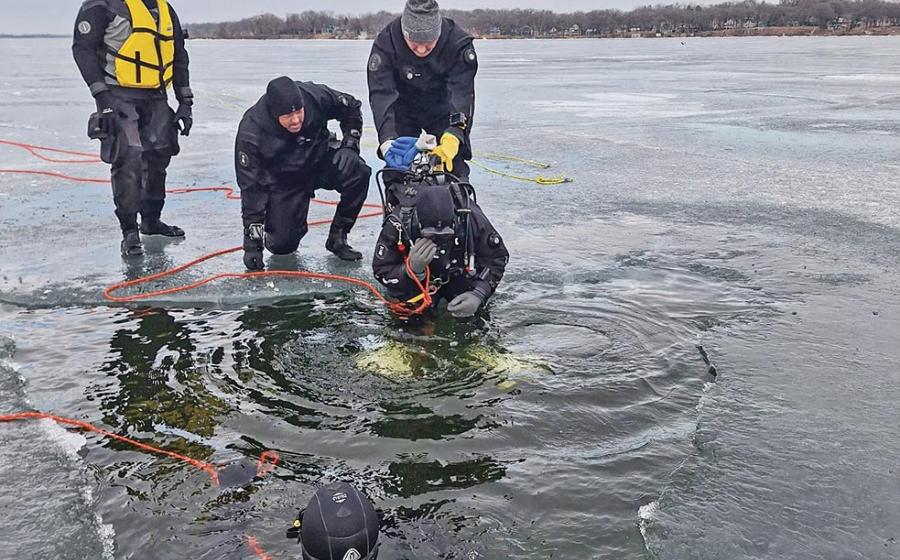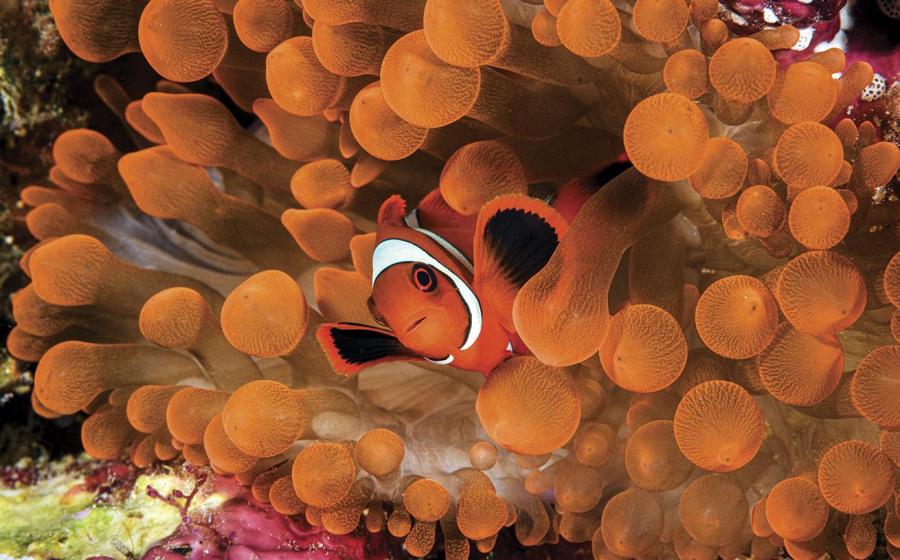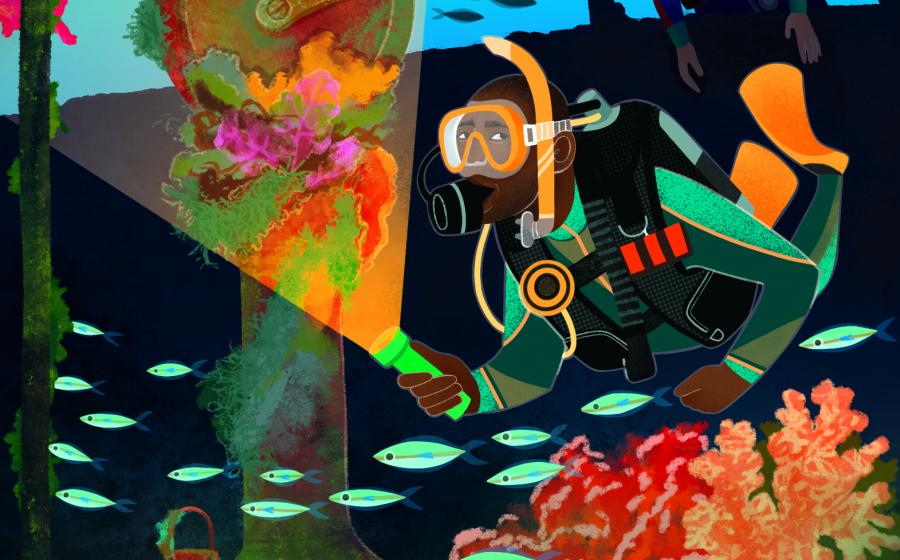Aquarium Hires Diver to Cuddle With Lonely Fish During COVID-19

Shutterstock.com/EQRoyThe Carins Aquarium in Queensland, Australia hired a third diver to hang out with the fish. Used to bustling crowds, the marine life got lonely when COVID kept crowds from visiting the aquarium.
It’s not just humans who are feeling lonely during quarantine.
The Cairns Aquarium in Queensland, Australia, recently hired a third diver to increase human interaction with fish that have shown signs of loneliness during the COVID-19 lockdown.
The aquarium’s resident sharks, rays, grouper and humphead wrasse have become accustomed to swimming past thousands of visitors each week. But since marine exhibits were forced to close due to the pandemic, the fish have been exhibiting unusual behaviors. Some are actively looking for people, while others have been hiding in dark corners of their tanks. A few have even stopped eating.
To keep the animals company, the aquarium added another diver to its staff.
“We've got these leopard sharks, and they almost like being held or cuddled like puppy dogs,” Daniel Leipnik, Cairns Aquarium CEO, tells the Australian Associated Press. “We normally have two divers; we now have three. So there's a bit more human contact going on, just to create that extra stimulation.”
Many visitors don’t realize that animals see outside of their tanks. But, in fact, they’re intelligent, sensitive creatures that enjoy human interaction.
“They really have got brainpower, they seem to have emotions, and they connect with people,” Leipnik says.
One fish in particular, a Queensland grouper named Chang, loves people-watching and spent weeks sulking when the aquarium closed, marine biologist and curator Paul Barnes tells the AAP.
“He's a very inquisitive fish with quite a strong personality, and he does love to stare at people,” Barnes says. “It's even the same for the divers in the tanks—he wants to come right up and have a good look and follow people around.”
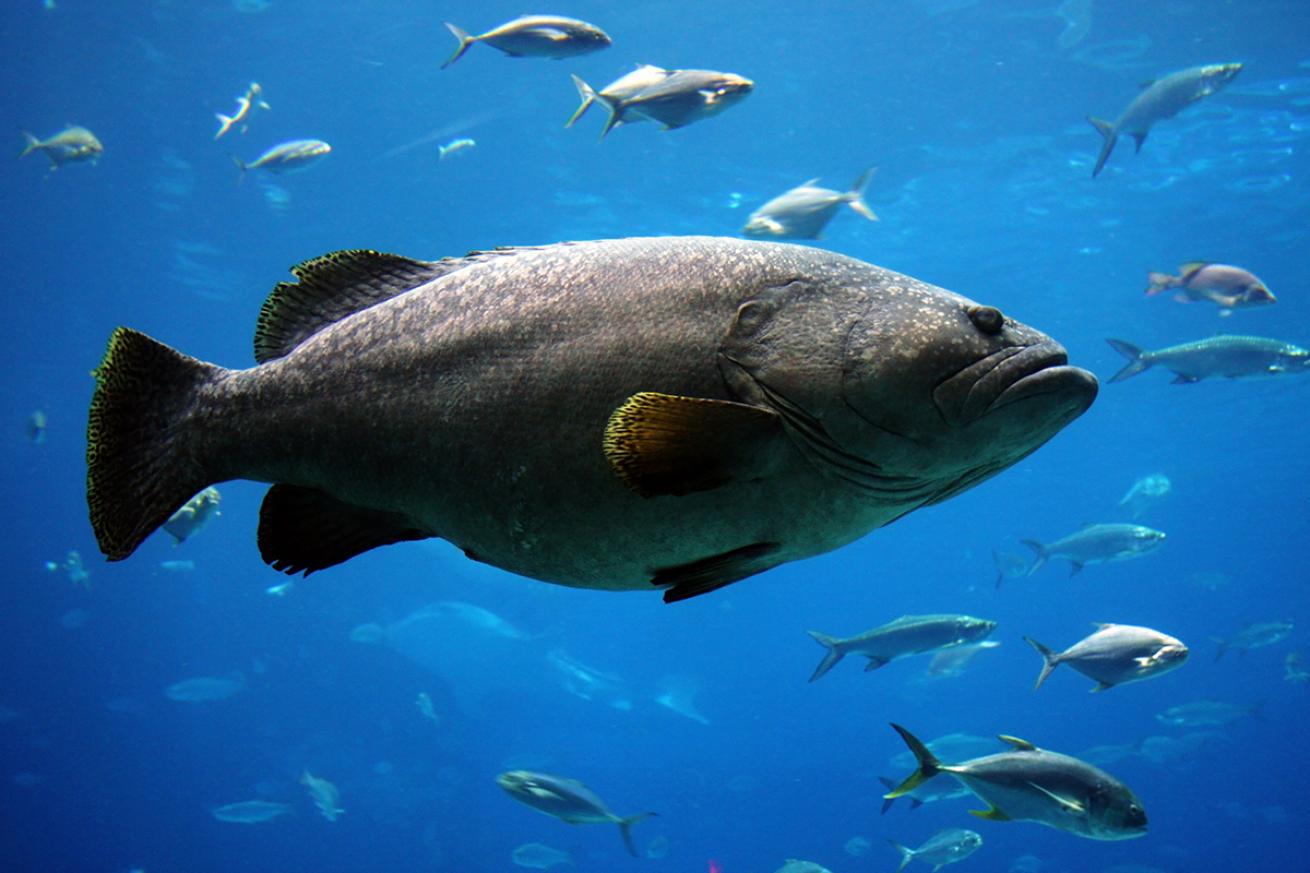
Shutterstock.com/Christopher MederChang, a Queesland grouper, is so social he spent weeks sulking when people stopped visting his tank.
Chang was so unsettled by the lack of people that he stopped eating for a few weeks. However, Barnes says the grouper is “not skinny by any means,” so aquarists weren’t overly concerned about his diminishing appetite.
To help the fish get used to people again, Barnes says the aquarium staff will start having lunch near the tanks a few weeks before doors re-open to the public.
“We'll go sit there and have a chat with them from the outside,” Barnes says.

